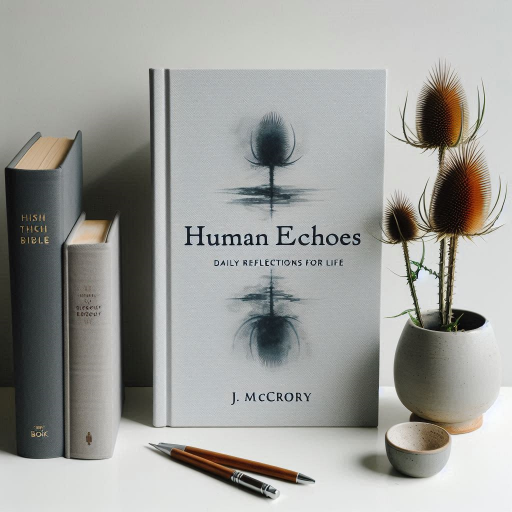“He has shown you, O man, what is good.
And what does the LORD require of you but to act justly,
to love mercy, and to walk humbly with your God?”
Micah 6:8, (BSB).

Image generated with the assistance of Microsoft Copilot
Searching for Meaning in a God Forsaken Society
I have often had discussions on God and what the essence of being human is in a world wherein advances in science and technology seem limitless. The most pressing challenge we face today isn’t technological; it’s deeply human. It’s the question of what it means to live meaningfully, to seek purpose beyond the self, and to navigate a moral framework amid a society where truth seems as fluid as olive oil. We find ourselves grappling with a moral drift that runs parallel to a rise in mental health crises among young people—depression, substance abuse, a lack of hope. The heartbeat of humanity, grounded in shared values, seems to fade as we distance ourselves from any notion of universal truths or an absolute moral law.
This shift has not happened overnight. In The Abolition of Man, C.S. Lewis critiqued an educational system that dismisses the need for “objective values,” a rejection that ultimately strips people of their capacity to feel deeply and discern right from wrong. When we choose to see all values as relative, we lose not only our perception of life’s purpose but also of what it means to be a human that adds to this world’s value. It’s a road towards becoming, as Lewis wrote, “men without chests”—people with sharp intellects yet lacking in conviction and moral courage. In today’s youth, we see this crisis unfold vividly: a rising generation plagued by an inner emptiness that no achievement or digital connection can fill.
Friedrich Nietzsche's Parable of the Madman foreshadowed what happens when a society “kills” God—when it removes the transcendent values that have served as humanity’s compass for millennia. In the parable, the madman proclaims that “God is dead,” not with jubilation but with a haunting hopelessness, as he grasps the gravity of what humanity has undone. Without a divine or moral centre, he warns, we have unmoored ourselves from any ultimate purpose. We wander in a cold, indifferent universe, bereft of meaning.
What Nietzsche foresaw is visible all around us. If God, or any transcendent standard, is dead, then purpose and worth are inventions, mere illusions we construct to comfort ourselves. And yet, like the madman’s audience, we find ourselves at a loss—drifting, disillusioned, clinging to “freedom” that feels more like captivity to our own desires. As humans, we crave meaning and community; without these, despair fills the gap. For young people today, this often manifests as anxiety, depression, addiction. Without a moral law, they are left searching for their identity and value in transient sources—social media validation, achievements, substances. Each of these offers a fleeting escape, a momentary illusion of significance that dissolves all too quickly, leaving them adrift again.
The cost of abandoning objective values becomes clearer when we examine its effects on society. In abandoning moral absolutes, we risk not only personal despair but also a disintegration of the fabric that binds us. Lewis feared this “abolition of man” would strip away our humanity, leading to a society where people are treated as manipulable resources rather than dignified beings. When values are subjective, people become tools for someone else’s agenda, and a culture of use and exploitation thrives. The inherent worth of the individual is overshadowed by what one can provide or achieve.
To be human, truly human, is to recognize that we are more than mere biochemical reactions, more than products of our environment. It is to live with the awareness that there is a “Tao,” as Lewis put it—a universal moral law that holds us accountable and dignifies us as moral agents. This moral framework has been the foundation of great cultures and movements throughout history, fuelling acts of compassion, justice, sacrifice, and courage. When we remove this foundation, we may gain momentary freedom from constraints, but we lose a far more profound freedom: the freedom to know ourselves and our purpose.
We are being with a capacity for conviction and compassion. The path forward, then, is not simply a return to old traditions or rules for their own sake, but a rediscovery of our human purpose and dignity. Perhaps it is time for each one of us to recognise, as the madman did, that in abandoning moral truths we have also abandoned the most essential parts of ourselves. To truly live is not to exist in an aimless world, but to seek and revive that heartbeat of humanity within us—to cultivate values that can guide us, unite us, and ultimately restore us to the fullness of what it means to be human. We need to return to God.